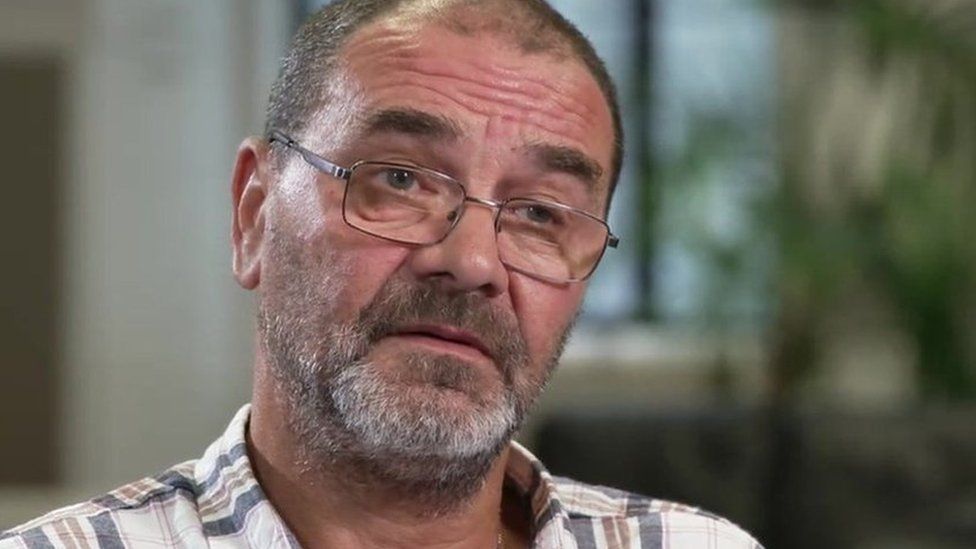The Criminal Cases Review Commission chair has declined the call to resign made by the justice secretary in the wake of controversy and ‘a catalogue of failures’ in handling the Andrew Malkinson case, as previously reported on the Justice Gap.
To respond to critics and the call to resign she stated ‘I have been credited by the MoJ for substantially turning the CCRC round … I honestly believe I am the best person to take this forward for as long as I have the opportunity to do so.’
An independent review led by Chris Henley KC revealed that Malkinson, who was wrongfully convicted for a stranger rape in 2003 and served for 17 years, could have been exonerated almost a decade earlier.
Malkinson in response has said ‘Pitcher and her discredited and incompetent senior leadership team should now be replaced with people with a track record of fighting injustice without fear or favour. Survivors of wrongful conviction like me and the sub-postmasters should have input into the recruitment process.’ He especially stated that ‘there is something deeply wrong at the CCRC and nothing less than a complete overhaul is needed,’ after learning his case was almost rejected again.
Shabana Mahmood expressed her intentions to seek removal of Helen Pitcher after recent findings. Mahmood believes Pitcher was ‘unfit to fulfill her duties’ and will request for a panel to recommend her resign to the king as only he can remove the CCRC chair.
Pitcher also received criticism for ‘taking too little responsibility’ in the prolonged imprisonment of Malkinson. She had issued an ‘unreserved apology’ in April only after receiving the final report where Malkinson demanded an apology. Pitcher said: ‘It was a mistake with hindsight not to apologise sooner. It should have been done and at a human level I would have done it. At a corporate level there was a view that I shouldn’t until the investigation was concluded.’
The CCRC had previously rejected Malkinson’s case twice in 2012 and 2020 and showed it was almost rejected for a third time in 2022 despite ‘compelling’ DNA evidence. The review goes back to as early as 2007 where male DNA was found on the victim’s vest was deemed ‘not properly understood’ by the CCRC.
Chris Henley KC stated that Malkinson’s case ‘demonstrates a deep-seated, system-wide, cultural reluctance, which starts right at the top in the court of appeal, to acknowledge our criminal justice system will on occasion make mistakes, that entirely innocent defendants will sometimes be convicted’
The public and officials agree that the CCRC needs reforms. In response to the situation, the CCRC issues this final statement: ‘we deeply regret that our analysis and handling of Mr Malkinson’s case did not meet the standards we set for ourselves and which applicants are entitled to expect, and we offer our wholehearted and unreserved apologies to Mr Malkinson.’







